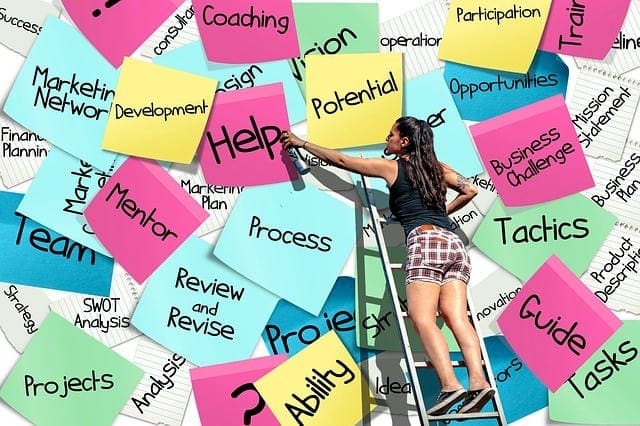
In a nutshell, gamification is understood as somehow combining the fun and engaging elements of games with tasks at work to help employees achieve more productivity. Whether it’s using escape rooms for team building activities, or task management tools with game design elements, it is a combination that seems clear to the common eye.
However, some people might view this same combination with trepidation because it represents the end of work-life balance. “Work is work, play is play” as the argument goes. Putting them together seems like a recipe for burnout.
Is it really, though?
There are a few ways that this argument can be taken in the opposite direction. Coincidentally, here are two of them can be seen in examples taken straight from the culture of the video game industry.
Dailies
In many online games, ‘dailies’ is the term to describe daily quests or missions that reward players (be it in the form of items, experience points, in-game currency etc). Done wrong, dailies are a chore and can turn many players off. But done right, this type of system gives players a strong incentive to keep logging back in.
Professional Gaming
Professional gaming and livestreaming have gone from being niche professions to a major part of the industry with players having annual salaries that reach up as high $400,000. For these players, one can say that their ‘life’ aspect has seamlessly merged with their ‘work’ aspect.
If play can have elements of work, why not the other way around?
In both the two examples, there are elements of ‘work’ that have integrated themselves into games and often drive players to keep playing. More than that, their proper execution results in more player enjoyment, engagement and return.
Why then can’t the same be said for the process that just does the exact same thing but from a different direction to engage employees?
The work-life balance argument seems to base itself entirely on the problem of burnout. Furthermore, it can explain why many people that are not fond of ‘combining work and play’ also happen to quickly raise up the problem of addiction in both work and games.
When that is the case, it becomes clear that the problem isn’t actually gamification but the human tendency towards addictions of all sorts. That is the real issue that employers should tackle when it comes to implementing any gamification initiative in their workplace.
Here are some suggestions that can help:
1. Understand the role of energy.
Make a habit of trying to understand people’s energy levels throughout the day. This requires a good mastery of understanding subtle emotional signals and observation skills, but that only makes it a good exercise of leadership ability.
Employees need energy to perform anything regardless if it’s for work or play. The more aware you are about how employees use their energy, the more equipped you are to use gamification to improve their use of it.
2. Encourage good sleeping habits.
When people discuss work-life balance, sleep is surprisingly overlooked. You are neither playing or working when you sleep. It is its own category and is important to both when it comes to having the energy to do anything.
Therefore, encourage employees to sleep well and ensure they’ll have enough energy to perform any activity.
3. Give good consideration to someone’s health and mindset.
Another way to look at it is that some people only have one type of gamification in mind and it doesn’t mesh well with their work style, ways of thinking or even physical health.
Put these into consideration when implementing a gamification concept to improve the workplace. By being sensitive to the different mental and physical needs of employees, you can actually come up with something that better suits them.
In conclusion, one is deliberately misinterpreting gamification if one assumes it combines work and life without care for some sort of balance. Balance can be an entirely separate issue because a workaholic does not need gamification to be addicted to work.
For more information visit my blog or our Team Building – Corporate information
Or call Elude Escape Rooms on 8005 0077

